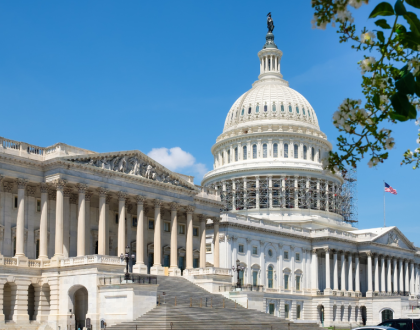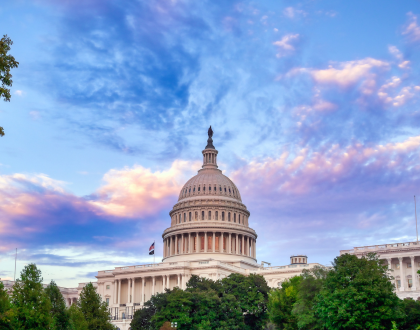
Connected Automation
The RV Industry Association supports policies that promote consistency across all 50 states and innovation for connected and automated technologies that allow for flexibility and do not create unintended consequences for the RV industry. Such a system should allow RV manufacturers to design, produce and sell the same RVs in every state.
Continued advancements in connected and automated technologies promote improvements in safety and mobility in motor vehicles. Currently available technologies, such as adaptive cruise control, blind spot detection and RV monitoring systems, allow for a safer and more comfortable RVing experience. Connected technology further enhances many of the safety capabilities available on motor vehicles through the ability to communicate vehicle to vehicle (v2v) or vehicle to infrastructure (v2i). Connected technology also assists in the safe operation of autonomous vehicles.
Emerging vehicle technologies are changing the consumer’s expectations about safety, mobility and convenience. Future RV consumers will likely want an RV experience that includes the amenities of a smart-home along with the safety features of the most advanced automobile. To meet such demands, RV manufacturers and their component part suppliers need a clear public policy that encourages new, connected and automated developments.
The RV Industry Association recognizes that cybersecurity and privacy are integral parts to connected and automated technology. As new technologies are developed, cybersecurity and privacy will continue to be a top priority.
The RV Industry Association supports policies that promote consistency across all 50 states and innovation for connected and automated technologies that allow for flexibility and do not create unintended consequences for the RV industry. Such a system should allow RV manufacturers to design, produce and sell the same RVs in every state.
News & Insights
Please Sign in to View
Log in to view member-only content.
If you believe you are receiving this message in error contact us at memberservices@rvia.org.



